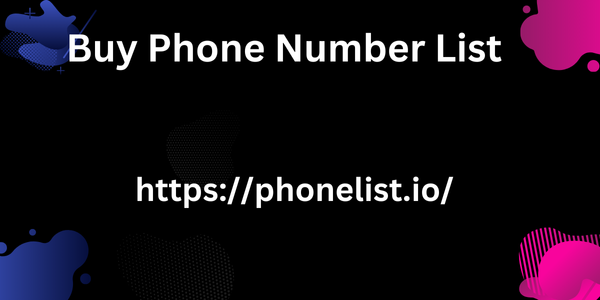Data privacy has become a critical concern in the digital age, where personal information is often collected, stored, and utilized for various purposes. For lead generation agencies, handling data privacy is not only a legal requirement but also a crucial factor in maintaining trust and credibility with clients and consumers. In this article, we will explore how lead generation agencies manage data privacy, the regulations they must adhere to, the challenges they face, and the best practices they employ to protect personal data.
Understanding Data Privacy in Lead Generation
Lead generation agencies collect data to identify potential customers for their clients’ products or services. This data can include names, email addresses, phone numbers, job titles, and more. Handling such information responsibly is essential to comply with data protection laws and maintain the integrity of the business.
Data privacy refers to the practices that govern how personal information is collected, stored, shared, and used. For lead generation agencies, this means implementing measures that ensure the protection of individuals’ personal data from unauthorized access, misuse, or exploitation.
Key Regulations Governing Data Privacy
Lead generation agencies operate under several regulations that govern data privacy. The most prominent include:
General Data Protection Regulation (GDPR): Enforced in the European Union, GDPR sets strict guidelines on how businesses must handle personal data. It mandates transparency, consent, data minimization, and the right of individuals to access and delete their data.
California Consumer Privacy Act (CCPA): This law provides California residents with rights regarding the collection and use of their personal data. It includes provisions for data access, deletion, and opting out of data sales.
CAN-SPAM Act: This U.S. law regulates Buy Phone Number List commercial email, requiring businesses to provide a way for recipients to opt out of future communications and to honor such requests promptly.
Telephone Consumer Protection Act (TCPA): This act restricts telemarketing calls. Including the use of automated systems and prerecorded voice messages, ensuring that individuals can opt out of such communications.
Other Global Privacy Laws
Various countries have enacted their data protection laws. Such as Canada’s Personal Information Protection and Electronic Documents Act (PIPEDA) and Brazil’s General Data Protection Law (LGPD).
Lead generation agencies must be well-versed in SGB Directory these regulations and any other relevant laws to ensure compliance and avoid hefty fines and legal issues.
Challenges in Handling Data Privacy
Lead generation agencies face several challenges in managing data privacy, including:
Varying Global Regulations: As agencies often operate across multiple jurisdictions. Keeping up with varying data privacy laws can be complex and resource-intensive.
Data Security Threats: Cybersecurity threats, such as hacking, phishing, and data breaches, pose significant risks to data privacy. Agencies must continuously update their security protocols to defend against these threats.
Ensuring that the data collected is accurate and up-to-date is crucial for compliance and maintaining consumer trust. Inaccurate data can lead to privacy violations and miscommunication.
Balancing Personalization and Privacy
While personalized marketing is effective, it requires Phone Number database detailed consumer data. Agencies must balance the need for personalization with the obligation to protect privacy and avoid excessive data collection.
Consumer Trust: Building and maintaining consumer trust is a major challenge, especially in an era where data breaches are common. Agencies must be transparent about their data practices and demonstrate a commitment to privacy.


